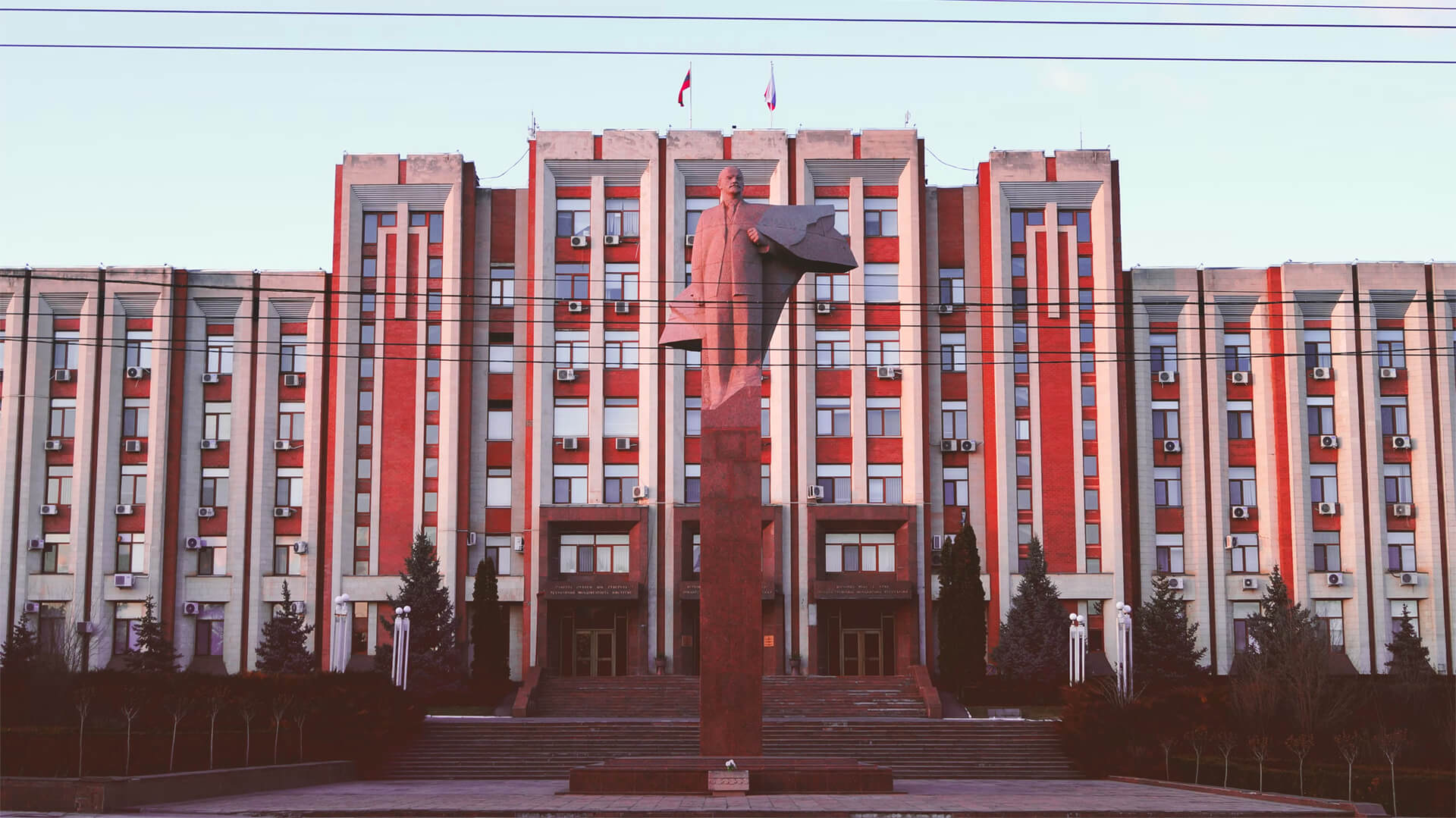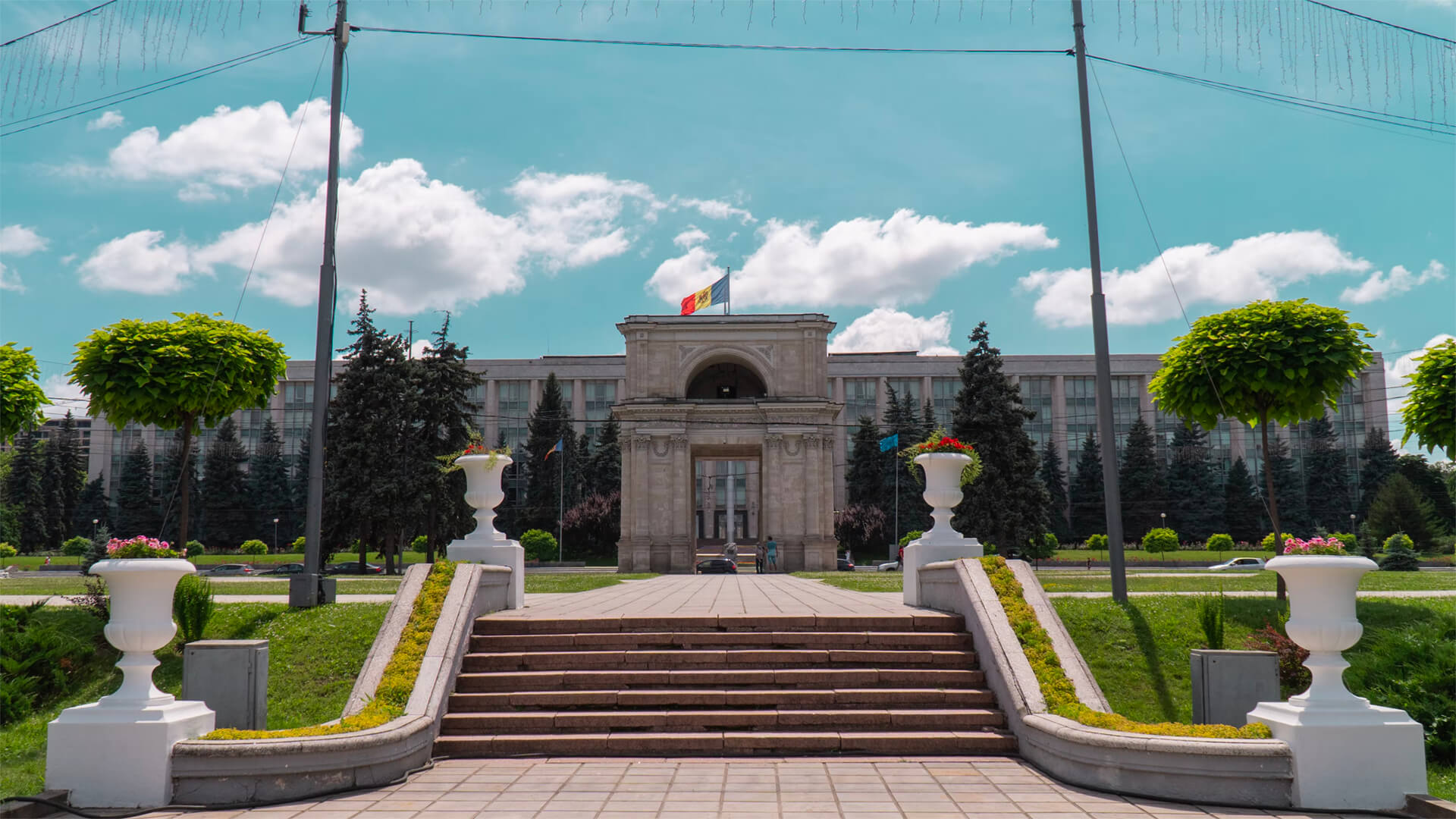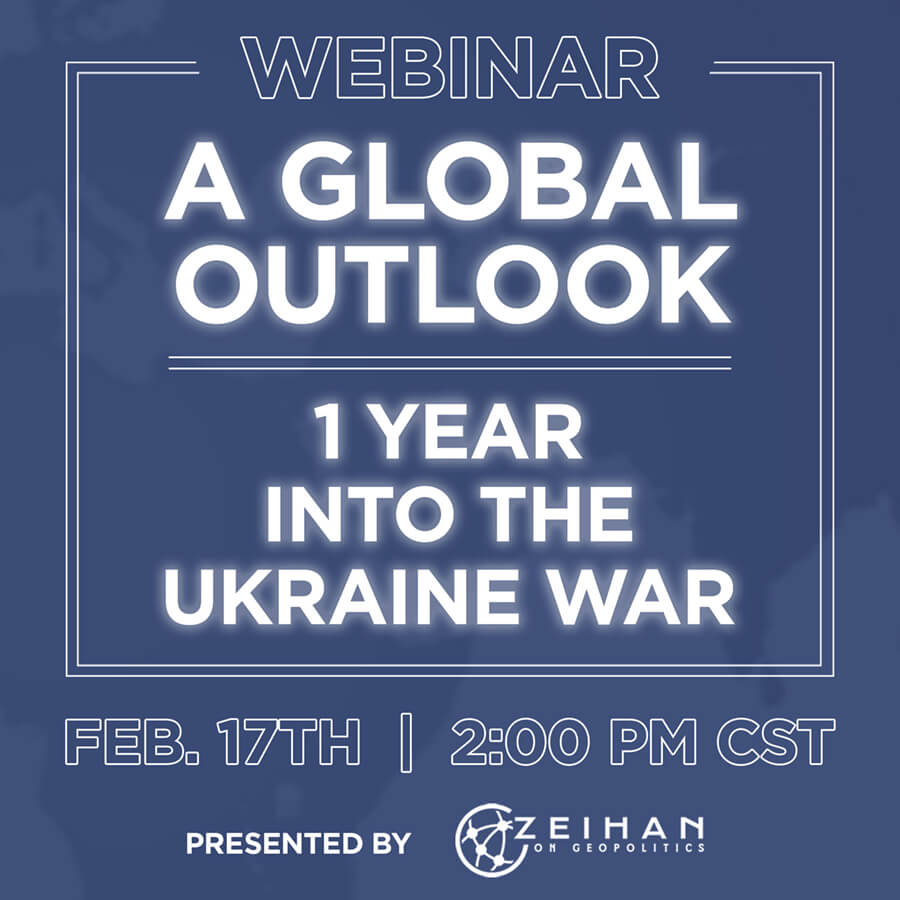If you’re keen on finding a place that has been put through the rinse cycle by the Russians more than a few times, look no further than Moldova. Today, we’ll explore the Russian de facto state in the eastern sliver of Moldova, known as Transnistria.
This region operates as a smuggling hub and carries heavy influence in the broader political landscape of Moldova. But as the war in Ukraine rages on, Moldovians are setting their sights on a future that removes Russia as their puppet master.
If Ukraine can hold out, the Russians will lose air and land access to Transnistria – meaning Russian support for this region would become impossible. Anticipating this shift, Moldova is aligning itself with Europe and entertaining a reunification with Romania.
With EU involvement on the line, the future of Moldova (and that tiny sliver in the east) could be resting on the decisions and results of the Ukraine War.
Here at Zeihan On Geopolitics we select a single charity to sponsor. We have two criteria:
First, we look across the world and use our skill sets to identify where the needs are most acute. Second, we look for an institution with preexisting networks for both materials gathering and aid distribution. That way we know every cent of our donation is not simply going directly to where help is needed most, but our donations serve as a force multiplier for a system already in existence. Then we give what we can.
Today, our chosen charity is a group called Medshare, which provides emergency medical services to communities in need, with a very heavy emphasis on locations facing acute crises. Medshare operates right in the thick of it. Until future notice, every cent we earn from every book we sell in every format through every retailer is going to Medshare’s Ukraine fund.
And then there’s you.
Our newsletters and videologues are not only free, they will always be free. We also will never share your contact information with anyone. All we ask is that if you find one of our releases in any way useful, that you make a donation to Medshare. Over one third of Ukraine’s pre-war population has either been forced from their homes, kidnapped and shipped to Russia, or is trying to survive in occupied lands. This is our way to help who we can. Please, join us.
Transcript
Hey everybody. Peter Zeihan here coming to you from Colorado where it’s rapidly turning into autumn. And today we’re into the third part of our kind of open ended series on the Russian footprints in the former Soviet Union, places where the Russians have managed to establish military control and kept history from moving forward in order to preserve their own geopolitical power.
And today we’re talking about an area called Transnistria, which is in the former Soviet state of Moldova, which is a tiny sliver of territory on the extreme southwestern fringe of the former Soviet space. You probably have heard of it, but if you’re American but if you’re European, you’re probably fairly aware, especially if you’re Turkish. Moldova is a chunk of territory that once was known as Bessarabia, and it sits in an area known as the best Arabian Gap, which is one of the few points where there’s sure there’s physical access to the former Soviet Union from another geographic zone.
A lot of the Eurasian steppe is, well, the region steppe itself, it’s flat and open. But there are a number of places where there are access points to go to other zones. So the I’ll take out takes you into some of the Chinese space. The Polish gap takes you into Western Europe, the Bessarabia and gap takes you down into Turkey in the Middle East.
And so it’s one of the zones that the Russians have always been incredibly concerned about because they’ve been invaded through that route on a number of occasions. So they took steps through a number of wars culminated in World War Two to try to establish a foothold in that zone so they could plug the gap. And they ultimately succeeded in the world wars and they carved it up into the territory that is now known as Moldova.
Now, Moldova, in the most recent previous incarnation, was actually part of the Romanian state. And the people in Moldova speak basically Romanian and right Romanian. The Soviets basically invented a language called Moldova, which is subtly different but is broadly understood on both sides of the border. Now, Transnistria is a thin sliver of the eastern part of Moldova. When Moldova got its independence from the Soviet system in 1992, the Russians immediately sponsored a secessionist war there in Transnistria, was able to break away with the help of regular Russian forces, and they’ve maintained a force of 1 to 2000 Russian peacekeepers other since the peacekeepers do nothing of the sort.
They have really nothing to do with security, although they’re basically there to run a smuggling state. And it is one of the most active smuggling locations in all of Eurasia, which, if you’re familiar with places like Afghanistan, that is a strong statement. They also manipulate the political system in Moldova pretty aggressively. There is a significant plurality of people in Moldova who would prefer to go back to the Soviet times because post-Soviet Moldova has been an economic basket case.
They really don’t make much except for a kind of low grade, super sweet wine some people care for not me, and they are a smuggling state as well. And probably a fifth of the female population is left for the sex trade and another fifth of the population has just left in general. So this is an area that now is, I think, two under 4 million people.
And it’s just kind of they are sandwiched between one of the EU’s poorer members and Ukraine. The problem the Russians are going to have here, though, is if Ukraine is even moderately successful in its in this war, the Russians have no footprint. They rely on air space access from the Ukrainians to access their military facilities in Transnistria. And Transnistria is on as the name sounds, on the opposite side of the East River from the rest of Moldova.
So it relies on access to all of Ukraine for things like food and fuel. So when this war started and it looked like it was all going to fall apart for the Ukrainians really quick, I did a video which will attach here about how trans this was a likely target for the Russians because they could link up with forces that were already there.
Now it looks very much like it’s going to be the opposite, that this area is completely cut off and the Moldovans are starting to make some bets on that point. And they’ve moved much closer to the European since the war began and they’ve even kind of repudiated that Moldovan language that the Soviets fostered upon them. And now there’s open talk across the political spectrum in Moldova about reunification with Romania.
If that were to happen, they would step in to the EU overnight and avoid a lot of the problems politically, economically and developmentally that some of these other former Soviet states, like the Ukrainians are having in qualifying for EU membership. So this is one of those that all it takes is the right battlefield evolution in Ukraine and this footprint goes away in a day.
That still leaves the issue of clearing out Transnistria. But as we’ve seen in Nagorno-Karabakh and the Armenian situation, when the Russians are unable to provide security assistance like now, it doesn’t take very much to move the needle. And I can easily see a situation where the Moldovans would apply to formally jwn Romania and this becomes Romania’s problem and the EU’s problem.
And since it’s a sliver of only 120,000 people and it’s hard up against Ukraine that all of a sudden would have the EU taking security steps, which is something that would be new and exciting. Okay. Oh yeah. And Romania may top member, too, so that would flip pretty much overnight. All right. That’s it for this one. Take care.




